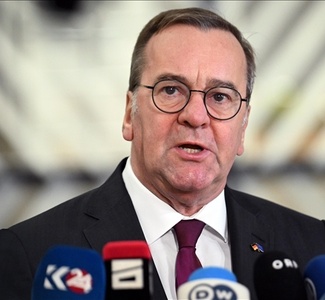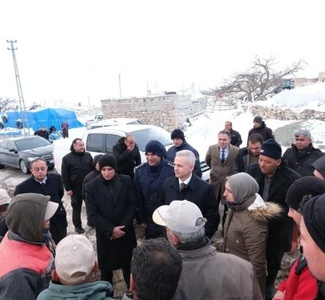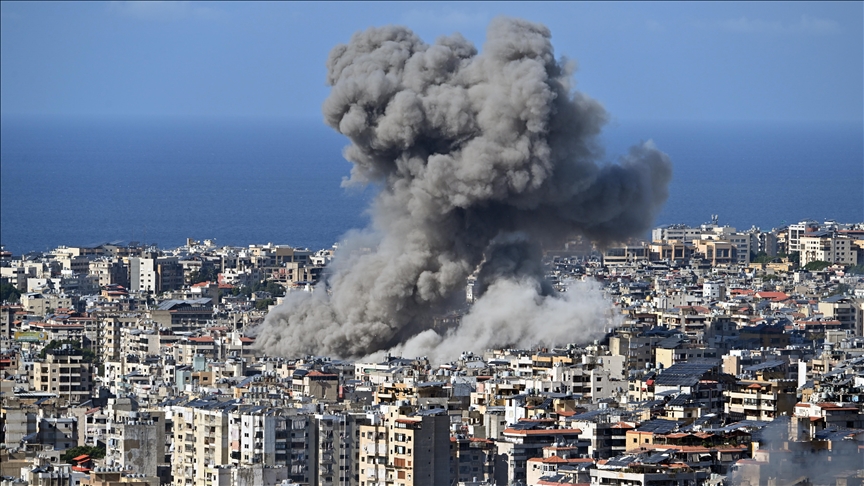Sudan reopens eastern airspace following recent conflicts
Sudan's Civil Aviation Authority has formally reopened the airspace in the eastern sector of the nation, signaling a significant response to the recent series of conflicts and disruptions that prompted the closure of Sudan's airspace.

 Google News'te Doğruhaber'e abone olun.
Google News'te Doğruhaber'e abone olun. The official announcement was issued by the renowned Khartoum International Airport in a statement released on Tuesday.
Apart from the reopening of airspace, a notable stride has been taken by the Civil Aviation Authority with the inauguration of an alternative air navigation center, strategically located in Port Sudan, an influential eastern city within the country. This strategic move is poised to enhance and streamline air traffic operations in the region, fostering a more efficient and organized air travel environment.
The initial closure of Sudan's airspace was instated in the aftermath of intense clashes that unfolded between the Sudanese Armed Forces and the paramilitary Rapid Support Forces. The clashes, which ignited in mid-April, had a cascading impact on the air navigation systems at the Khartoum International Airport, rendering the key aviation hub temporarily non-operational.
In the wake of this airspace closure, access to Khartoum International Airport was severely restricted. Diplomats and foreign nationals grappling to depart the nation were compelled to redirect their travel to a smaller airport linked to the Wadi Seidna Air Base, an establishment aligned with the army and positioned within Omdurman City, northwest of the capital city, Khartoum.
Meanwhile, neighboring countries tactically leveraged the Port Sudan International Airport, nestled more than 800 kilometers to the east of Khartoum, to facilitate their evacuation endeavors.
The series of confrontations between the Sudanese armed forces and paramilitary factions have left an indelible mark of violence across Khartoum and several surrounding regions since the eruption of hostilities on April 15.
Regrettably, the cumulative toll of these clashes has been profoundly distressing, with the Sudanese Health Ministry releasing harrowing statistics: a tragic count of over 3,000 fatalities and a staggering excess of 6,000 injuries.
The nation now stands witness to the arduous task of rebuilding and healing, as efforts are channeled towards restoring stability and security. (ILKHA)


















































